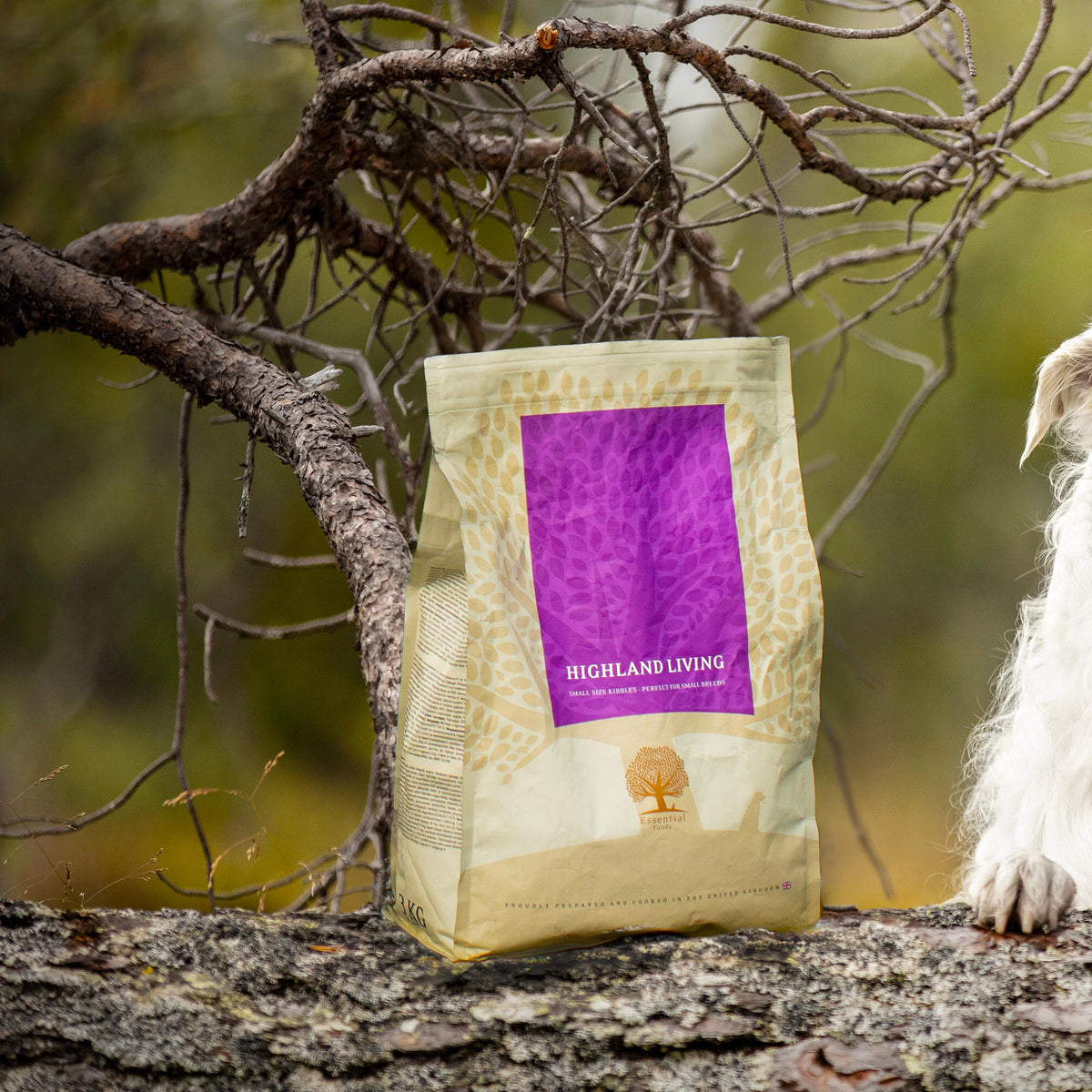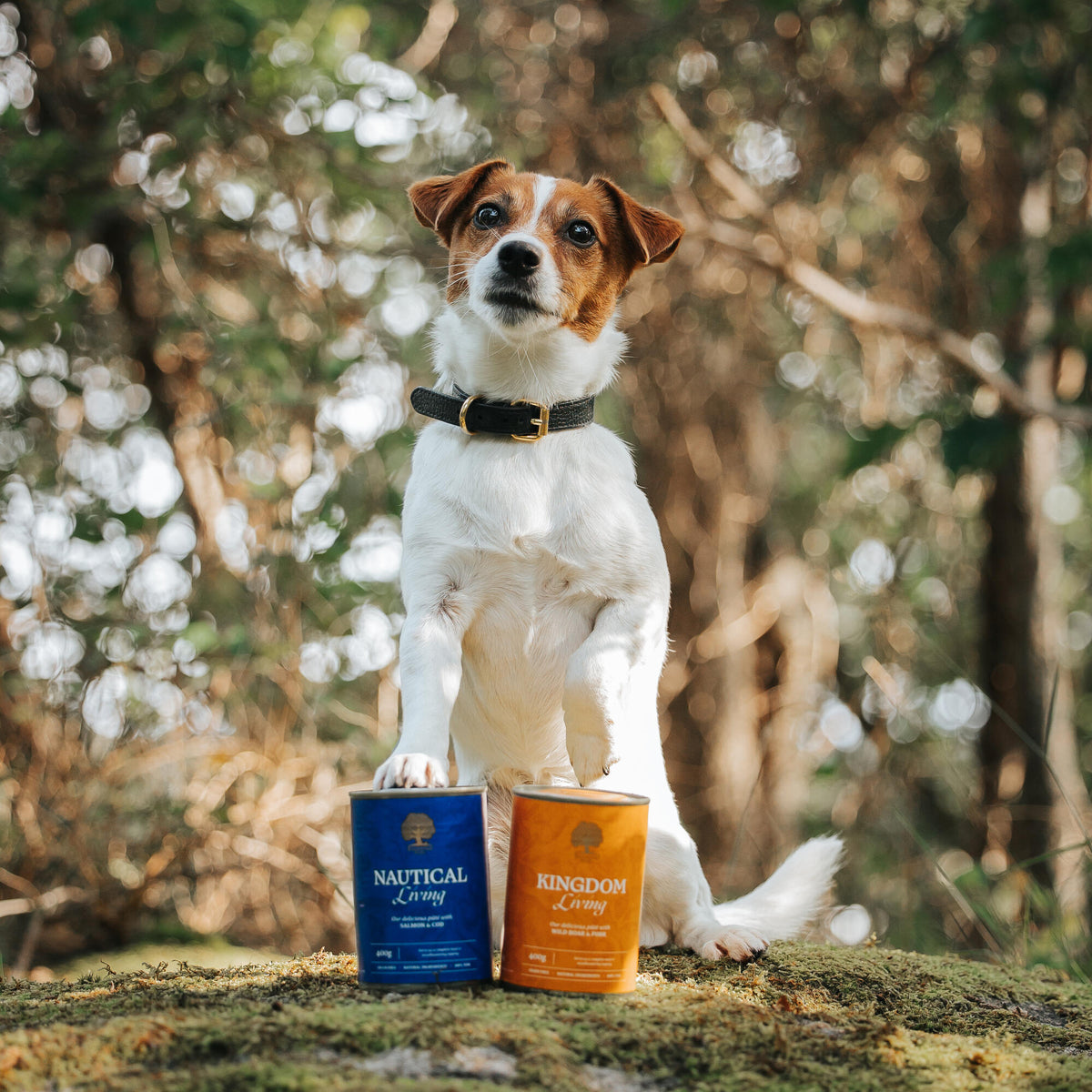Determining how long a dog is considered a puppy is essential for providing the right care, nutrition, and training. Understanding these stages can guide owners in selecting appropriate dog treats, dog food, and especially puppy food.
The Puppy Life Cycle
Dogs are generally considered puppies from birth until they reach maturity, which varies depending on breed size. Here’s a comprehensive breakdown:
Neonatal Period (0-2 Weeks)
-
Characteristics: Puppies are blind, deaf, and toothless.
-
Nutrition Needs: Mother's milk provides essential nutrients.
-
Developmental Focus: Basic reflexes and sensory development.
Transitional Period (2-4 Weeks)
-
Characteristics: Eyes open, ears start to function, beginning of tooth eruption.
-
Nutrition Needs: Introduction to soft puppy food.
-
Developmental Focus: Socialization with littermates and initial human contact.
Socialization Period (4-12 Weeks)
-
Characteristics: Increased mobility, play behavior, and learning.
-
Nutrition Needs: Gradual transition to solid puppy food, rich in essential nutrients.
-
Developmental Focus: Learning social cues, house training, basic commands.
Juvenile Period (3-6 Months)
-
Characteristics: Rapid growth and high energy levels.
-
Nutrition Needs: High-quality puppy food with higher protein and fat content.
-
Developmental Focus: Reinforcement of training, exploring the environment.
Adolescence (6-18 Months)
-
Characteristics: Sexual maturity, growth slows down.
-
Nutrition Needs: Continued use of high-nutrient puppy food; consideration of transitioning to adult food around 12 months for smaller breeds, later for larger breeds.
-
Developmental Focus: Advanced training, behavioral stability.
Optimal Nutrition for Puppies
The Importance of Puppy Food
Puppy food is specially formulated to meet the unique nutritional needs of growing dogs. It typically contains:
-
Higher Protein Levels: Supports muscle development and overall growth.
-
Extra Omega-3 Fatty Acids: Essential for brain and vision development.
-
Balanced Omega-6 to Omega-3 Ratio: Promotes healthy skin and coat.
-
No Grain Formulas: Reduces potential allergens and digestive issues.
-
B.O.F. (Biologically Appropriate Foods): High-meat content mimics natural canine diets, enhancing palatability and nutrient absorption.
Why Essential Foods Puppy Food is the Best Choice
Key Benefits
Essential Foods Puppy Food stands out due to its:
-
High-Meat Content: Ensures excellent palatability and mimics a natural diet.
-
No Grain Formula: Prevents common allergens, promoting better digestion.
-
Extra Omega-3: Supports optimal brain and vision development.
-
Higher Protein Levels: Facilitates robust muscle growth and overall health.
Comparative Advantage
Unlike many commercial puppy foods, Essential Foods Puppy Food prioritizes high-quality, biologically appropriate ingredients, making it the optimal choice for growing dogs.
Conclusion
Understanding the various stages of puppy development is crucial for providing the best care and nutrition. Essential FoodsPuppy Food, with its no grain formula, extra omega-3, higher protein levels, and high-meat content, is tailored to meet the complex needs of growing puppies. By choosing the right puppy food, owners can ensure their dogs have a healthy start to life, laying the foundation for a robust and vibrant adulthood.
Providing the right diet, like Essential Foods Puppy Food, supports optimal development during the crucial early months and ensures your puppy grows into a healthy, happy adult dog.



